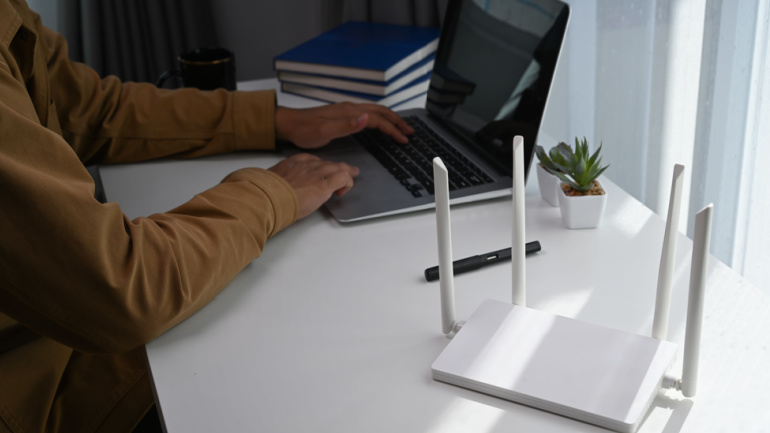While the UK initially took the lead in 5G deployment, recent metrics suggest a shift, with the UK now trailing behind other countries in 5G download speed and coverage. Despite these setbacks, the UK’s 5G journey is far from finished. This communication revolution isn’t just about winners or losers, but about creating a conducive environment for businesses to thrive, thus promoting economic growth and job creation.
The UK’s groundbreaking Online Safety Bill, focused on child protection and adult control, has recently been approved by Parliament. Despite optimism for its ‘game-changing’ potential, critics argue of potential privacy encroachments and inherent ambiguities.
A surprising surge in UK home broadband speeds reveals unexpected players in the game, with cable services outpacing full fibre. Yet, amid the rise of lightning-fast download speeds, the upload band still sees full fibre reigning supreme. Noticeably, cable packages prove their worth even under the gruelling test of peak hours. Nevertheless, experts advise not to overlook service quality when choosing broadband. A glimpse into the changing landscape of broadband services shows an intriguing volatility that leaves room for industry alterations and subscriber adaptation.
The Online Safety Bill emerges as a tool for platform owners to tackle illicit content. Yet, penalties attached to non-compliance may be a hefty burden. The proposed “spy clause” infamously mandates the scanning of private user content, leading to vocal debates around privacy and the technology needed to enforce this clause. Amidst strong sentiments about potential surveillance, the UK government remains unwavering, resulting in possible market exits by platforms such as WhatsApp. With the telecom industry on the brink of substantial readjustments, the importance of staying informed is evident.
In a major technological achievement, over half of UK homes now enjoy full fibre broadband access, marking a significant increase from the beginning of this year. This growth reflects the collective effort of both large infrastructure operators and smaller, regional organisations. Surprisingly though, coverage varies across regions, with Northern Ireland leading while Scotland slightly lags behind. Even more exciting progress has been observed in access to Gigabit-capable broadband.
As the world navigates towards an AI-integrated future, the call for reliable connectivity has amplified. The UK’s telecom market, a beacon of global standing, is pivoting towards this demand. Its thrust for seamless connectivity is stimulated by the push for efficient network management and shared infrastructure. Spearheading this transformation is the UK’s transition to fibre optics, aided by the strategic decision to sunset the Public Switched Telephone Network by 2025.
The UK’s Advertising Standards Authority recently adjudicated a dispute over the supposed misleading adverts of ISP, 6G Internet. The ASA ruled that the company name erroneously suggested the availability of non-existent 6G services. The decision underlines a recurrent issue of consumer confusion over service offerings in the telecommunications sector. Despite the controversy, 6G Internet has not indicated plans to adjust their brand name, possibly sparking inevitable customer confusion as the prospect of true 6G technology looms nearer.
Vodafone has joined the UK’s smart meter network, establishing essential 4G IoT connectivity. While Vodafone’s inclusion does not necessarily signify a replacement of current suppliers, it invites intriguing possibilities. The selection of a new provider despite existing 4G options raises questions around the decision-making process. Amid the drive to phase out 2G and 3G networks, this move potentially reflects the evolving needs of the UK’s telecoms infrastructure.
Formulating the future of UK’s internet, Building Digital UK (BDUK) triggers the procurement process under the £5 billion Project Gigabit framework. Their ambitious objective: accelerate gigabit-speed broadband coverage to capture a minimum of 85% of premises by 2025. However, there’s a twist in the tale, as reaching remote regions still poses a formidable challenge.
Vodafone UK announces more accessible and fixed-rate wireless options amid the routine living costs in the UK, further bolstering its reputation as a company committed to social tariffs. This latest offering serves as a beacon of hope for families under financial strain, with an impressive broadband speed, zero installation fees, and an escape clause without extra charges. However, critics caution that this may not be the most affordable deal available, despite being from a mainstream provider.













